When I first came to Thailand everything seemed very cheap compared with the UK. As a rough rule of thumb I figured fruit and vegetables were about a third of the cost back home. Nowadays, however, things feel much more expensive, though I’ve totally lost touch with how much food now costs in the UK. I therefore decided to compare some every day items from Tesco-Lotus (Thailand) and Tesco (UK). As far as possible, the items were of similar quality, and prices have been adjusted where unit sizes are different between the two countries. (For example, in Thailand yoghurt is sold in slightly smaller pots.)
| |
TH |
UK |
Difference |
| Fruit & Vegetables |
|
|
|
| Banana (each) |
21p |
20p |
+5% |
| Pineapple (each) |
53p |
£1.00 |
-47% |
| Lettuce/head |
75p |
75p |
+0% |
| Beansprouts/kg |
64p |
£1.63 |
-61% |
| Potatoes/kg |
75p |
£1.25 |
-40% |
| Green beans (200g) |
43p |
91p |
-53% |
| Tomatoes (each) |
17p |
17p |
+0% |
| Limes (each) |
2p |
3p |
-33% |
| Onion/kg |
67p |
45p |
+49% |
| Pumpkin/kg |
62p |
£1.00 |
-38% |
| Sweetcorn (each) |
27p |
50p |
-46% |
| Broccoli/kg |
£1.48 |
£2.99 |
-51% |
| Red cabbage/kg |
£1.18 |
62p |
+90% |
| Shitake mushrooms/kg |
£6.85 |
£14.00 |
-51% |
Looking at fruit and vegetables, these were generally 30-50% cheaper than the UK, except for bananas, lettuce and tomatoes which are around the same price, which is odd given that they are all locally grown. Onions and red cabbage were more expensive. Red cabbage I can understand, since there’s little demand for it here, but onions, which are grown in the north and also imported from China are a mystery.
Limes in Thailand aren’t quite the bargain they seem since one needs 2 or 3 to yield the same amount of juice as a lime in the UK. The price is also strongly seasonal – currently they are at pretty cheap, but towards the end of the dry season the price skyrockets.
The cheap price of potatoes is a bit of a mystery since potatoes are only used in a few southern Thai, Indian-influenced curries such as Matsaman – not that I’m complaining. Though French Fries are very popular here – usually as a snack with drinks accompanied by tomato ketchup for dipping, or as part of a fast food meal – they are virtually never made from fresh potatoes, but from frozen, imported fries; Thai potatoes just don’t fry very well.
| |
TH |
UK |
|
| Meat |
|
|
|
| Whole chicken/kg |
£3.34 |
£2.59 |
+29% |
| Chicken breast/kg |
£3.96 |
£9.00 |
-56% |
| Beef mince/kg |
£7.28 |
£5.34 |
+36% |
| Stewing beef/kg |
£10.00 |
£10.00 |
+0% |
| Belly pork/kg |
£5.25 |
£6.00 |
-13% |
I had expected chicken to be cheaper in Thailand than in the UK, given that Thailand is a major exporter of chicken to Europe, though whole chickens here are quite a bit more expensive than in the UK, yet chicken breast is less than half the price.
Beef isn’t particularly popular in Thailand. Most people favour fish and chicken. However, lots of people do enjoy a visit to a steak house, which is a bit of a mystery, given how tough and chewy much of the locally produced beef is. The prices of both beef and pork are broadly comparable in Thailand and the UK, which is perhaps unsurprising, given the global nature of the market for animal fodder.
| |
TH |
UK |
|
| Fish |
|
|
|
| Smoked salmon 200g |
£4.26 |
£7.50 |
-43% |
| Salmon fillets 200g |
£4.26 |
£2.43 |
+75% |
Thai fish varieties are very different from those in the UK – no cod or haddock here – so a direct comparison isn’t straightforward, apart from salmon, which is imported from Australia, and smoked salmon which usually comes from Japan. The fresh fish is much more expensive, but the smoked version is much cheaper than back in the motherland.
| |
TH |
UK |
|
| Dairy &c. |
|
|
|
| Eggs (10) |
£1.46 |
£2.00 |
-27% |
| Fresh milk 400ml |
49p |
35p |
+40% |
| Cottage cheese 150g |
90p |
33p |
+173% |
| Philadelphia 250g |
£3.19 |
£2.19 |
+46% |
| Emmenthal 250g |
£9.32 |
£2.75 |
+239% |
| Edam 250g |
£3.58 |
£5.20 |
-31% |
| Cheddar 250g |
£3.68 |
£1.80 |
+104% |
| Butter 454g |
£3.42 |
£2.71 |
+26% |
| Fruit yoghurt 110g |
28p |
14p |
+100% |
| Whipping cream 1l |
£3.53 |
£3.70 |
-5% |
Eggs are cheaper in Thailand. They are also one of the many items the government controls the price of. Milk, which historically hasn’t been part of the Thai diet, is pricey.
Imported cheeses are very expensive, being double or more the price in the UK – and this is for mere Australian copies of the European originals – though Edam is curiously cheaper. The cottage cheese isn’t imported, but is locally produced. I suspect that low local demand justifies the high price.
The high price of yoghurt I don’t understand. It’s not as if it’s made wholly with fresh milk; it’s mostly made from milk powder imported from China.
| |
TH |
UK |
|
| Bread |
|
|
|
| Sliced white, 240g |
36p |
31p |
+16% |
| French stick |
66p |
45p |
+47% |
It’s not really fair to compare Thai sliced bread with that of the UK; Thai bread is pappy and sweet, to be eaten with condensed milk and sugar. The baguettes from Tesco-Lotus, however, are actually pretty good; I always have a few chunks in the freezer for emergencies. Low demand probably explains the relatively high price.
| |
TH |
UK |
|
| Groceries |
|
|
|
| Sugar 1kg |
50p |
99p |
-49% |
| Sunflower oil 1l |
£1.73 |
£1.50 |
+15% |
| Extra Virgin olive oil |
£5.46 |
£2.00 |
+173% |
| Jasmine rice 2.5kg |
£2.68 |
£4.50 |
-40% |
| Linguine 500g |
£1.45 |
£1.70 |
-15% |
| Taco shells 8 pieces |
£1.39 |
£1.03 |
+35% |
| Flour 1kg |
£1.33 |
74p |
+80% |
lime
| St. Dalfour jam 284g |
£2.97 |
£1.99 |
+49% |
| Honey 600g |
£3.42 |
£2.22 |
+54% |
As expected, imported ingredients are expensive (olive oil, flour, jam), and locally produced ones (sugar, rice) relatively cheap.
Sunflower oil is locally produced, but most locals will used the cheapest available oil, usually soya bean or palm oil, so there’s not much demand.
Honey is locally produced, so the high price is a little odd. The high price has also encouraged a lot of adulteration, and some things labelled as honey are largely sugar syrup.
Perhaps surprisingly the taco shells are locally produced.
| |
TH |
UK |
|
| Drinks |
|
|
|
| Coke 1.25l |
49p |
£1.00 |
-51% |
| Scheppes tonic water/can |
30p |
64p |
-53% |
| Orange juice (pasteurised) 1l |
£1.71 |
£1.00 |
+71% |
| Apple juice (pasteurised) 1l |
£1.48 |
£1.10 |
+35% |
| Tesco ground coffee 250g |
£3.70 |
£2.47 |
+50% |
| Tesco teabags 100 |
£3.83 |
£2.57 |
+49% |
| Gin 750ml |
£6.92 |
£15.30 |
-55% |
| Whisky 1l |
£10.69 |
£17.50 |
-39% |
Coke (locally produced) is cheap, as is tonic water (imported).
Fruit juice is more expensive here, even though oranges are grown locally, as are apples (though I suspect that apple juice is made from cheap Chinese apples).
Coffee is more expensive here – though there are cheaper, locally grown coffees available.
Tea is popular here – particularly amongst the Thai-Chinese – though it’s thin, watery stuff, not a proper cup of British tea. Proper tea is therefore a minority interest, hence the price.
The good news is that when I get too troubled by the high price of tea I can console myself with a nice, cheap glass of gin and tonic or a tot of Scotland’s finest.
[658]



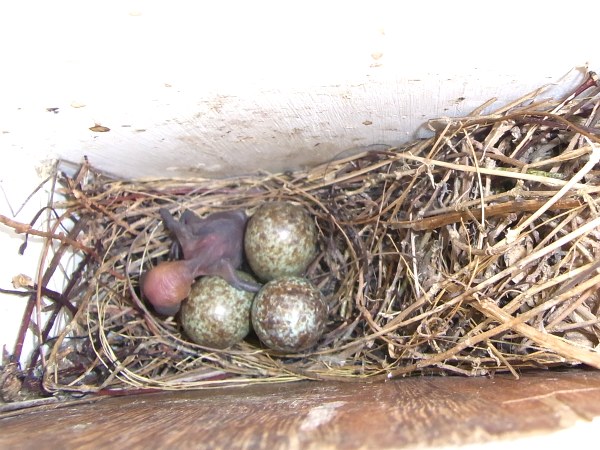
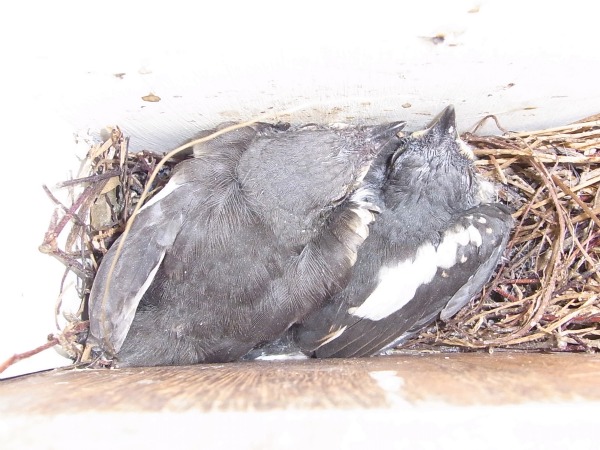
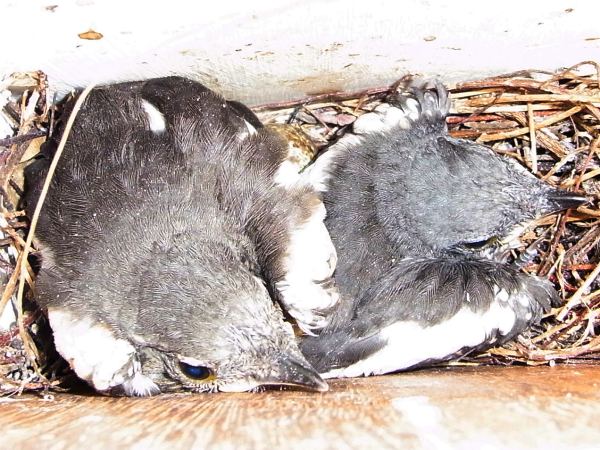
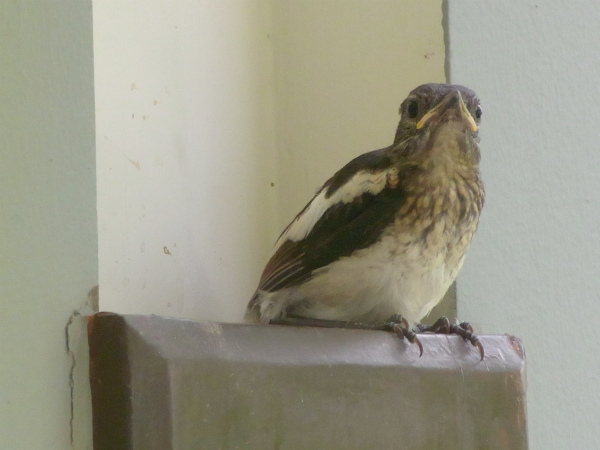
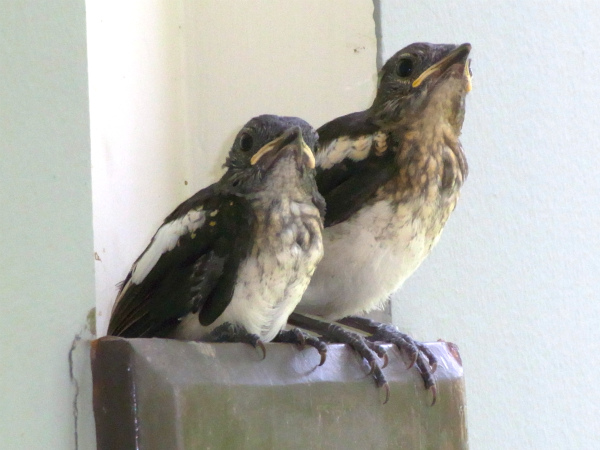
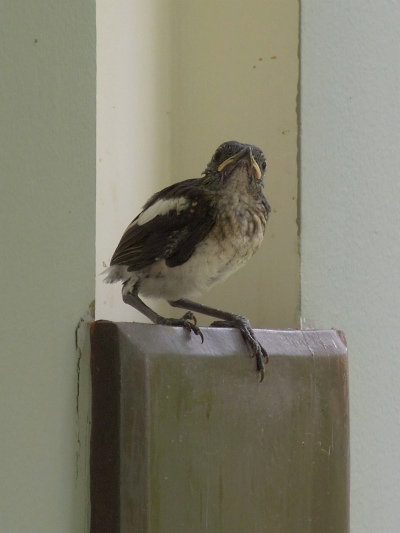
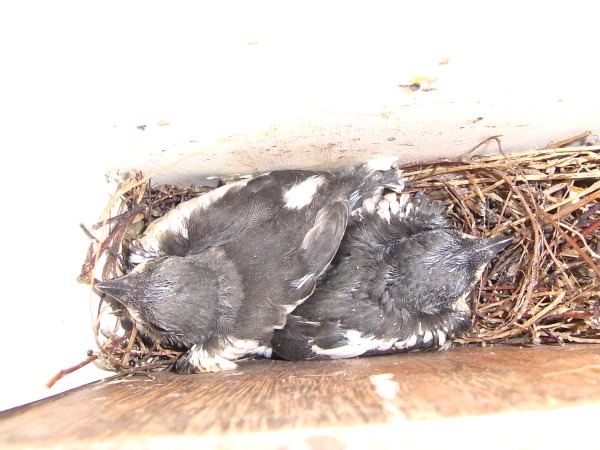
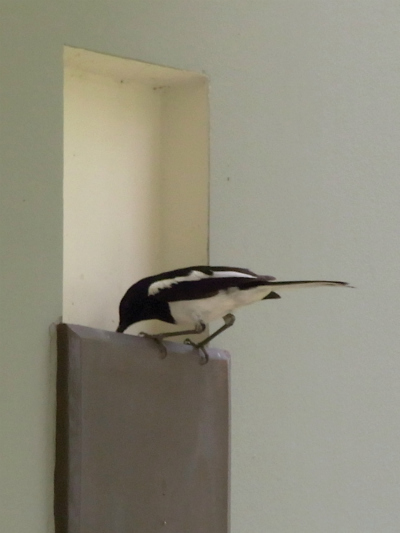
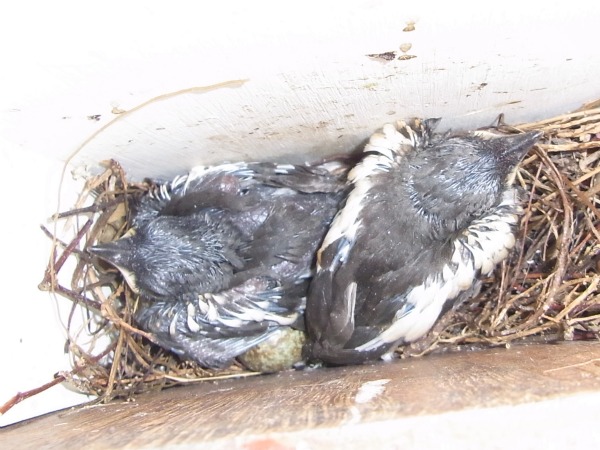
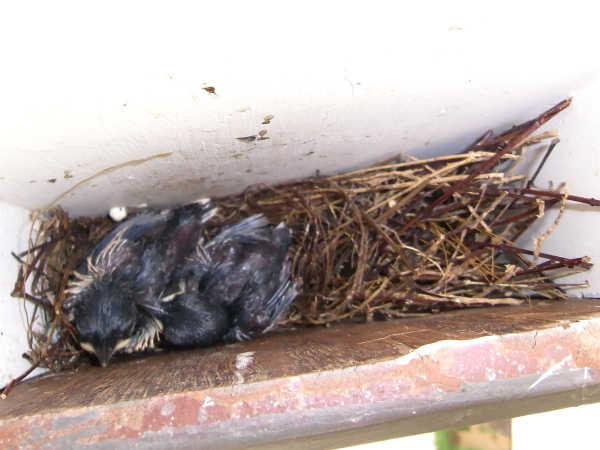
Recent Comments